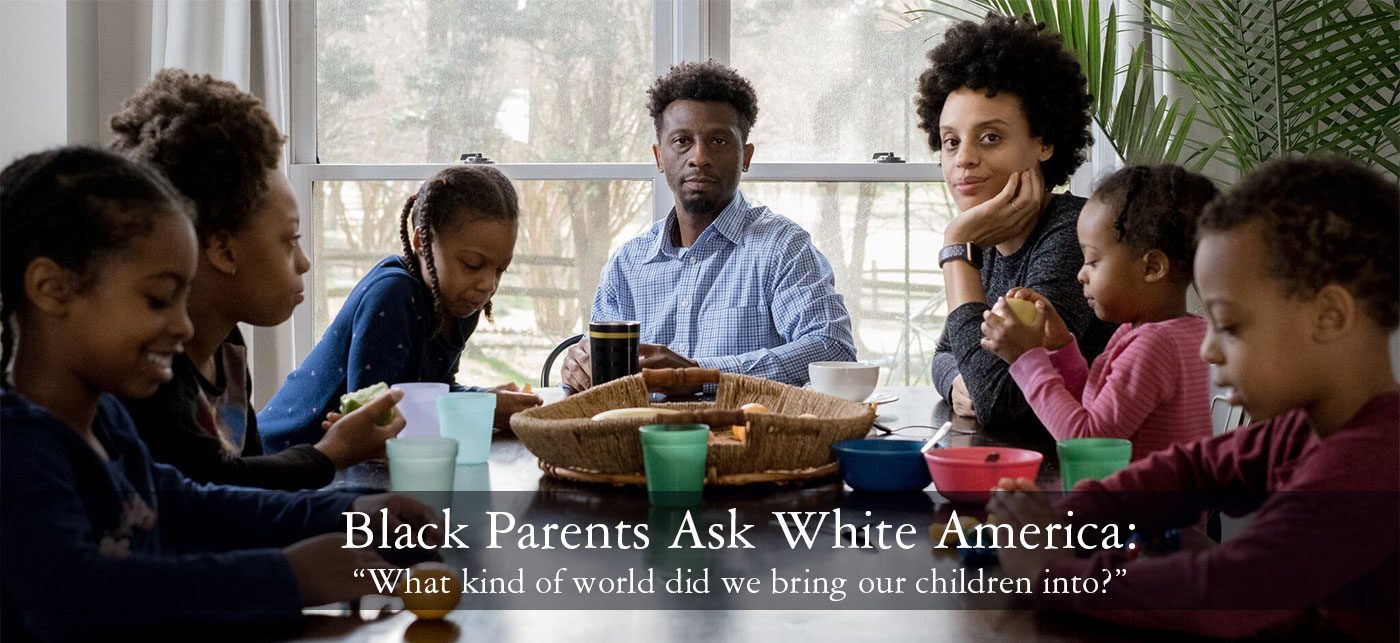“A new Gwinnett Youth Detention Center will NOT set kids straight!”
Gwinnett County’s plan to construct a new youth detention center has sparked a significant outcry among community leaders, including Black Gwinnett Magazine, who firmly oppose the proposal. Critics argue that the construction of a detention center is not the solution needed for the challenges faced by Gwinnett’s youth. Instead, they advocate for a halt to the plan and a shift towards alternative approaches that prioritize community-based initiatives and address the systemic issues underlying juvenile crime.
The proposed Regional Youth Detention Center (RYDC), funded by $3.8 million in state taxpayer dollars, has received backing from Sheriff Keybo Taylor and House Majority Leader Chuck Efstration. They argue that the facility would provide improved services and alleviate the burdens on law enforcement and families. However, Black Gwinnett Magazine and other critics contend that placing young individuals in a detention center environment would compound existing problems, particularly for minority youth.
One of the primary concerns raised by Black Gwinnett Magazine and other opponents is the potential harm caused by subjecting juveniles to a jail-like atmosphere. They argue that incarcerating young individuals in such an environment perpetuates the “school-to-prison pipeline” and fails to address the underlying cause. Instead, they emphasize the need for restorative justice practices and community-driven programs that focus on rehabilitation, support, and empowerment.
Black Gwinnett Magazine and its supporters question the lack of community engagement in the decision-making process. They highlight the absence of public meetings or opportunities for Gwinnett County residents to voice their concerns and opinions on a matter that will significantly impact their communities. They argue that decisions of this magnitude should be made collectively, with input from those directly affected, particularly those who will bear the brunt of the consequences.
In place of investing substantial resources into a new detention center, critics propose redirecting funds towards youth programs that foster development, education, and mental health services. They believe that preventive measures are essential for addressing the root causes of juvenile crime and providing young individuals with the necessary support to thrive.
Furthermore, critics express deep concerns about the potential disproportionate impact on Black and brown children. They raise awareness about the over-representation of minority youth in the criminal justice system and argue that the construction of a new detention center may perpetuate these disparities. Black Gwinnett Magazine urges a shift towards dismantling systemic inequities and investing in programs that uplift marginalized communities.
As the debate continues, the question remains whether the sheriff’s office will engage in public meetings to address the concerns voiced by Black Gwinnett Magazine and its allies. The timeline for the construction of the proposed facility also remains uncertain. In the meantime, the opposition to the youth detention center is steadfast, advocating for a comprehensive reevaluation of the county’s approach to juvenile justice.
Black Gwinnett Magazine and its supporters are calling for a pause on the construction of the youth detention center and demanding a thorough exploration of alternative solutions. They believe that Gwinnett County has a unique opportunity to shift its focus towards rehabilitation, community-based programs, and equitable access to resources for its youth. By listening to the concerns of the community and considering alternative strategies, the county can pave the way for a more just and prosperous future for all its young individuals.





